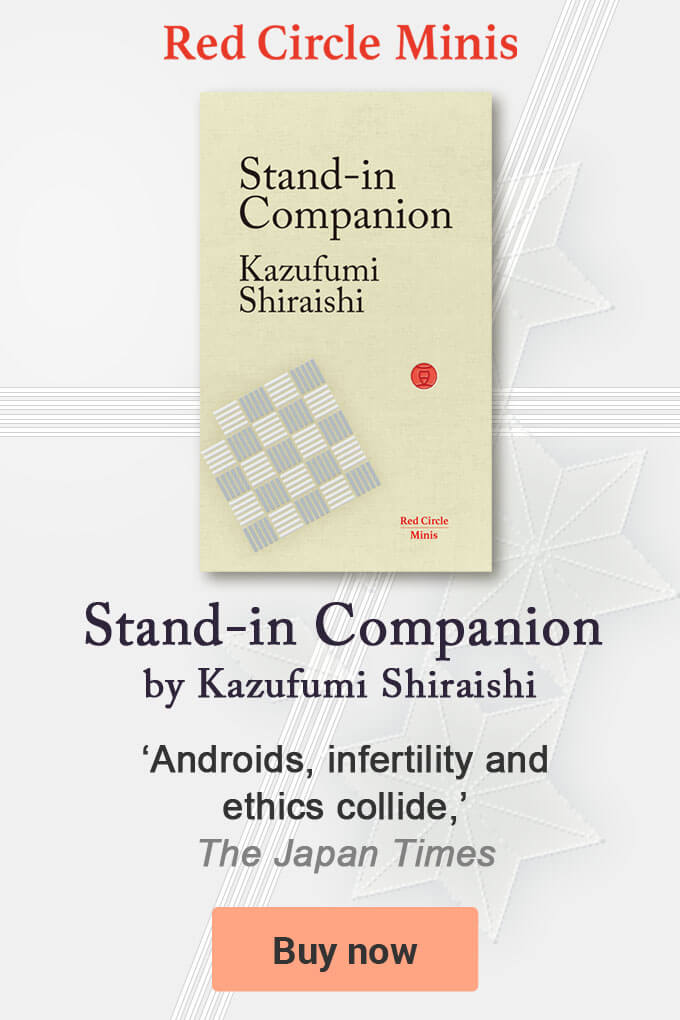According to the
International Publishers Association (IPA), Japan’s publishing market is the fourth-largest in the world, making it a very large domestic business sector, as publishing is a major global business.
The sector, however, is in fact underweight relative to other nations, as Japan’s overall economy is the world’s third-largest.
In comparison, for example, Japan is the second-largest country market for recorded music (Japanese people still buy a lot of CDs). Music, however, is a smaller overall market worldwide.
Not only is the Japanese publishing market underweight, it is shrinking and has been for two decades. In stark contrast to Japan, all the other markets in the global top 5 are either stable or growing.
China, is ranked number 2 in the world in terms of publishing market size, and like its overall economy, is growing the most rapidly at 9 percent. In fact, it is now almost three times the size of the Japanese market for books and publications.
The three other leading markets, however, are all stagnant experiencing zero overall growth; the United States the largest, Germany the third-largest, and France the firth largest, as measured by the IPA in its Global Publishing Monitor 2014 report.
The Japanese market is 76 percent the size of the German market, and 28 percent larger than the French market, while the United States’ market is five times bigger than Japan, according to the IPA.
However, other IPA reports and analysis rank the markets differently including the United Kingdom in the top five and Japan as the firth not the fourth largest domestic market.

